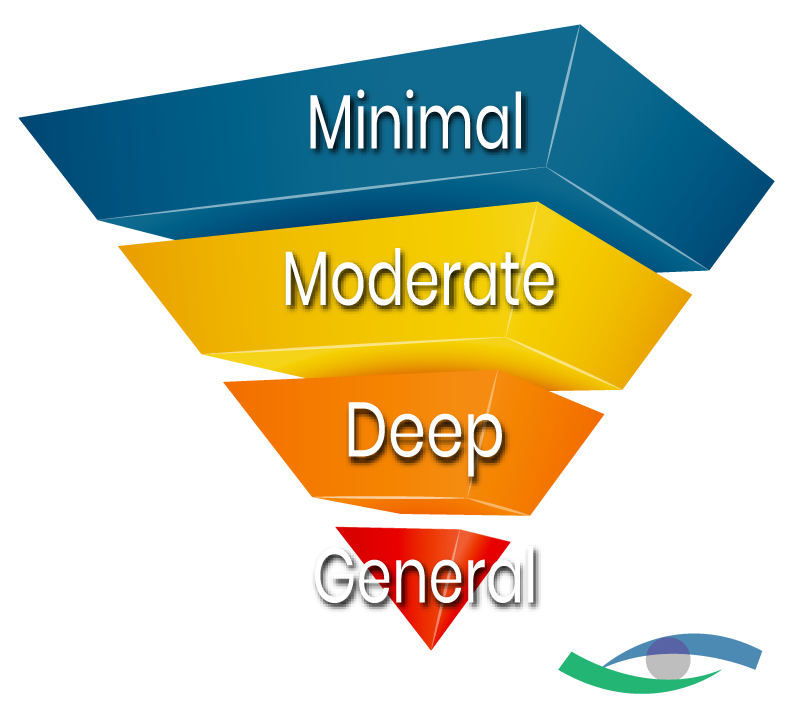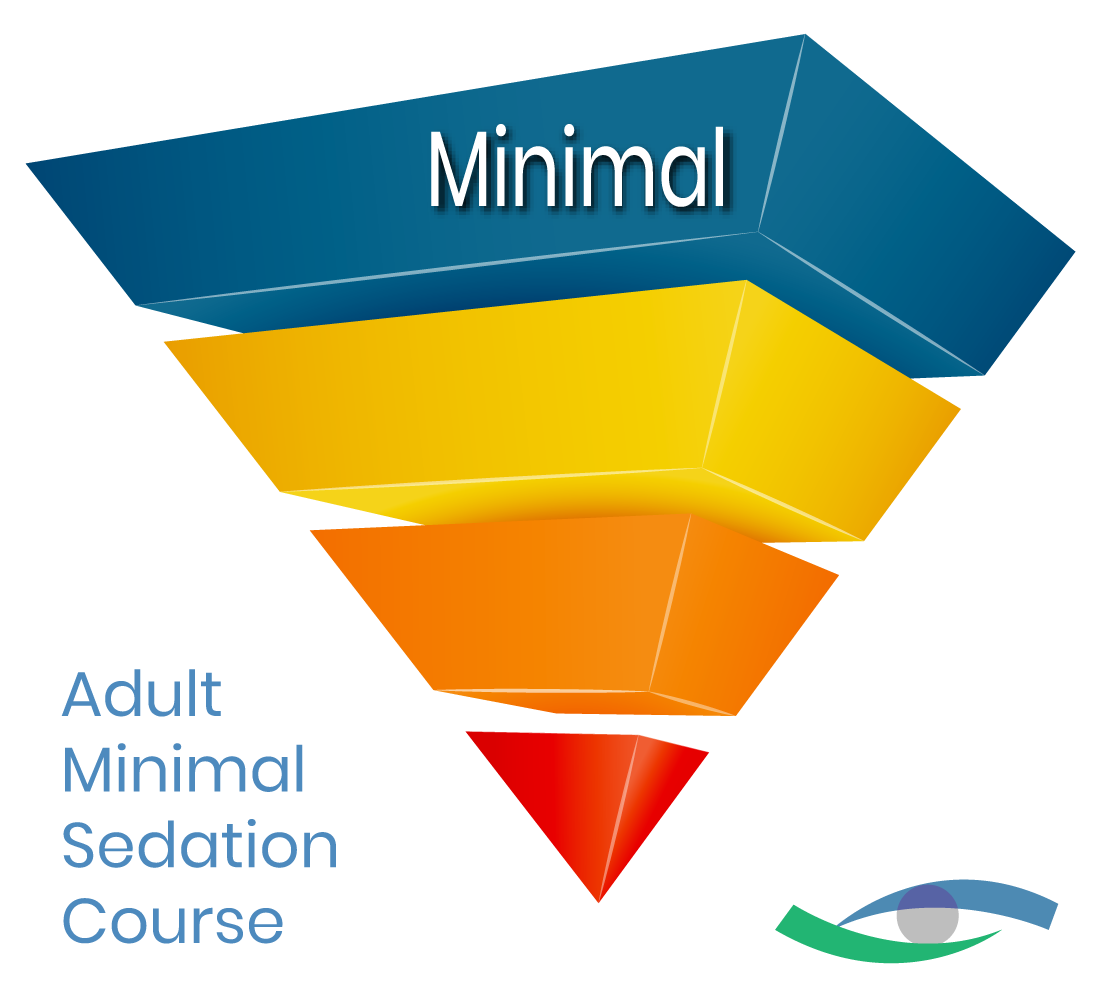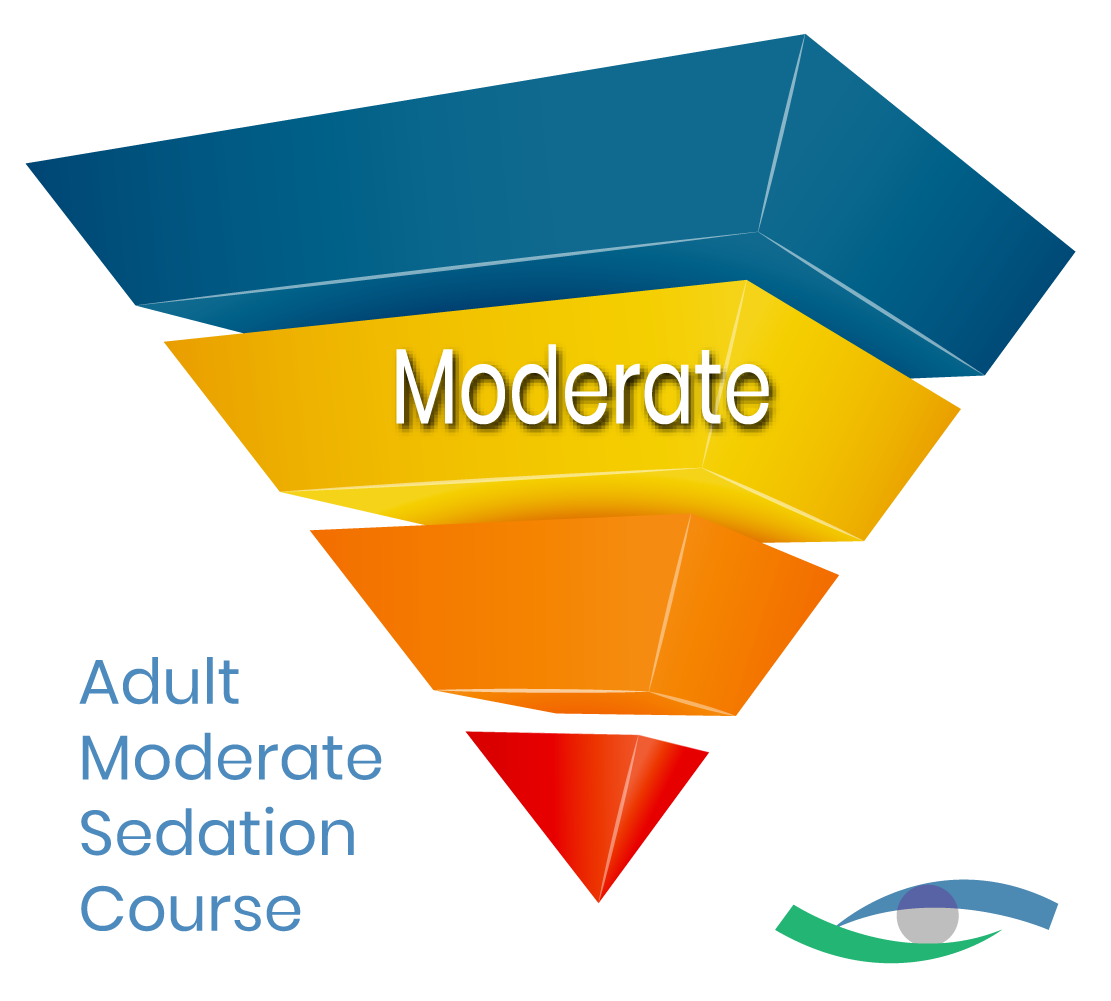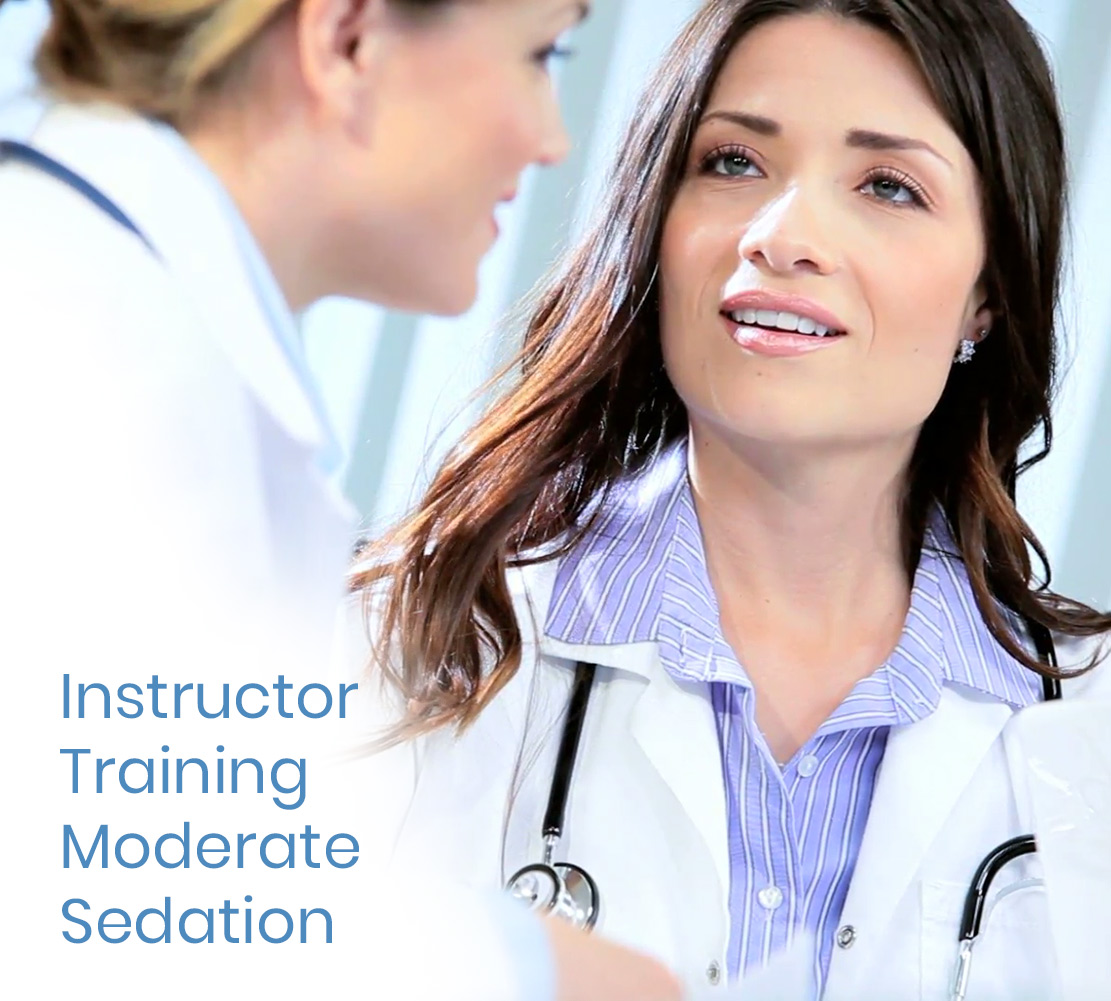NSC Adult Sedation Courses
The National Sedation Center offers a tiered approach to sedation certification. Minimal sedation certification is the foundational knowledge course for all adult sedation courses, and is our most widely utilized program. Courses which provide education regarding deeper levels of sedation, such as moderate, are taken only after the minimal course is completed.
CE Information
In support of improving patient care, this activity has been planned and implemented by the Postgraduate Institute for Medicine and The National Sedation Center. Postgraduate Institute for Medicine is jointly accredited by the American Nurses Credentialing Center (ANCC), Accreditation council for Continuing Medical Education (ACCME) and the American Dental Association (ADA) to provide continuing education for the healthcare team.
Adult Sedation Course Names:
- Foundational Knowledge: Adult Minimal Sedation
- Adult Moderate Sedation
Estimated time to complete each course: 2 hours
Notice as to the type of hardware and software needed to participate in the activity: See Help page.
CE Disclosure: Postgraduate Institute for Medicine (PIM)
Adult Sedation Course Names:
- Foundational Knowledge: Adult Minimal Sedation – 2.0 CE hours
- Adult Moderate Sedation – 2.0 CE hours
Participants must read the learning objectives and faculty disclosures and study the educational activity. If you wish to receive acknowledgment for completing this activity, please complete the post-test with a score of 80% or better and the course evaluation to receive your CE/CME certificate.
- To contact PIM website: www.pimed.com
- Jointly provided by Postgraduate Institute for Medicine and National Sedation Center, Inc
Dates
- Original Release Date: May 1, 2019
- Original Expiration Date: May 31, 2021
- Renewal Release Date: June 1, 2023
- Renewal Expiration Date: June 30, 2025
Target Audience
This activity has been designed to meet the educational needs of the non-anesthesia provider who is a Registered Nurse, Physician or Dentist providing procedural sedation and analgesia (PSA).
Accreditation Statement
This activity has been planned and implemented in accordance with the accreditation requirements and policies of the Accreditation Council for Continuing Medical Education (ACCME), American Nurses Credentialling Center (ANCC) and the American Dental Association (ADA) through a joint partnership with Postgraduate Institute for Medicine and the National Sedation Center. The Postgraduate Institute of Medicine is accredited by the ACCME, ANCC and ADA to provide continuing medical education for physicians and continuing education credits for registered nurses and dentists.
Credit Designation
The Postgraduate Institute for Medicine designates this enduring material for a maximum of 2.0 credit (s)™ and 2.0 ANCC Credit(s). Participants should claim only the credit commensurate with the extent of their participation in the activity.
Disclosure of Conflicts of Interest
Postgraduate Institute for Medicine (PIM) requires faculty, planners, and others in control of educational content to disclose all their financial relationships with ineligible companies. All identified conflicts of interest (COI) are thoroughly vetted and mitigated according to PIM policy. The existence or absence of COI for everyone in a position to control educational content will be disclosed to participants prior to the start of each activity.
Disclosure of Unlabeled Use
This educational activity may contain discussion of published and/or investigational uses of agents that are not indicated by the FDA. The planners of this activity do not recommend the use of any agent outside of the labeled indications.
The opinions expressed in the educational activity are those of the faculty and do not necessarily represent the views of the planners. Please refer to the official prescribing information for each product for discussion of approved indications, contraindications, and warnings.
Disclaimer
Participants have an implied responsibility to use the newly acquired information to enhance patient outcomes and their own professional development. The information presented in this activity is not meant to serve as a guideline for patient management. Any procedures, medications, or other courses of diagnosis or treatment discussed or suggested in this activity should not be used by clinicians without evaluation of their patient’s conditions and possible contraindications and/or dangers in use, review of any applicable manufacturer’s product information, and comparison with recommendations of other authorities.




